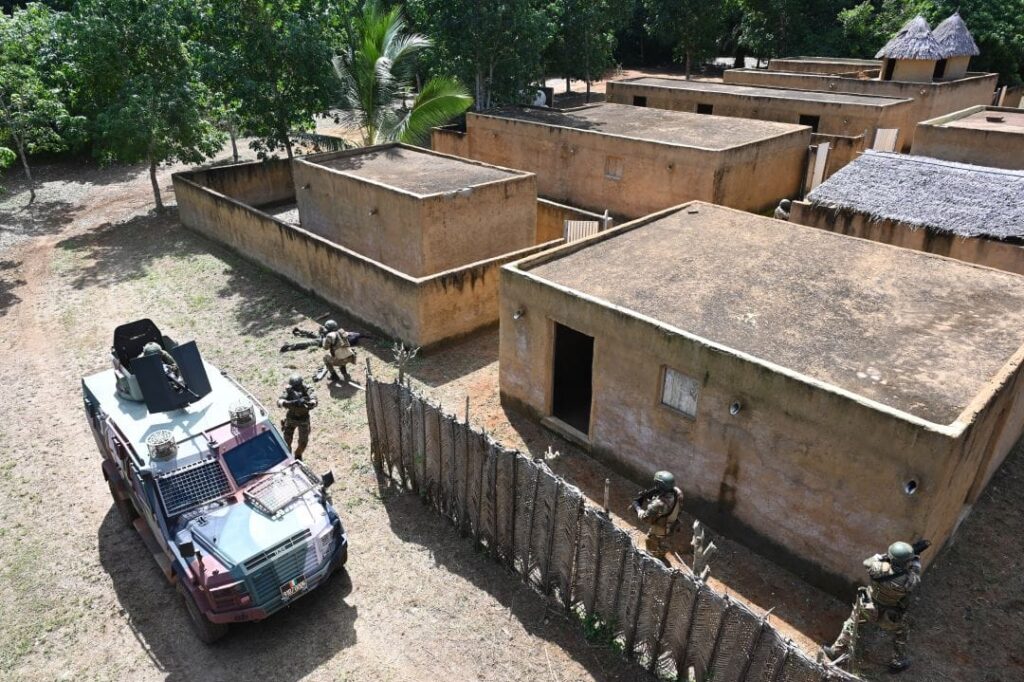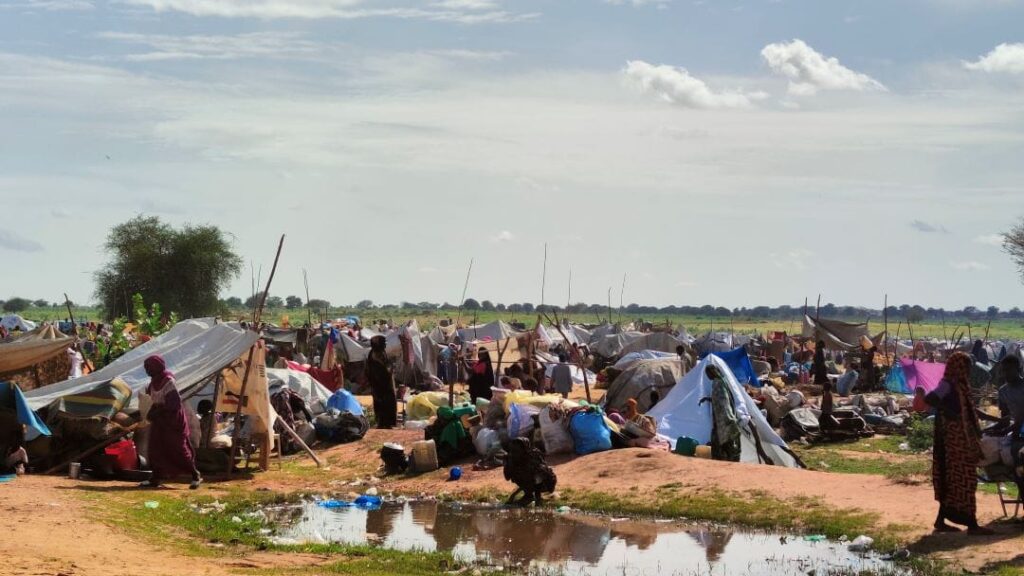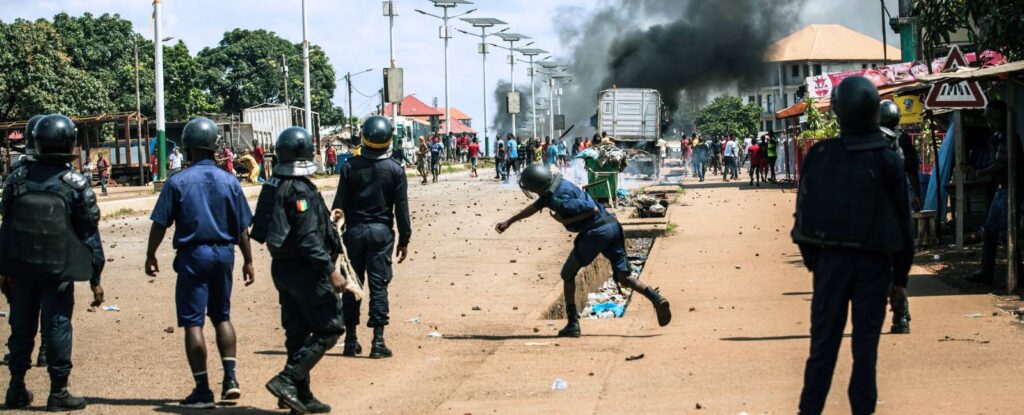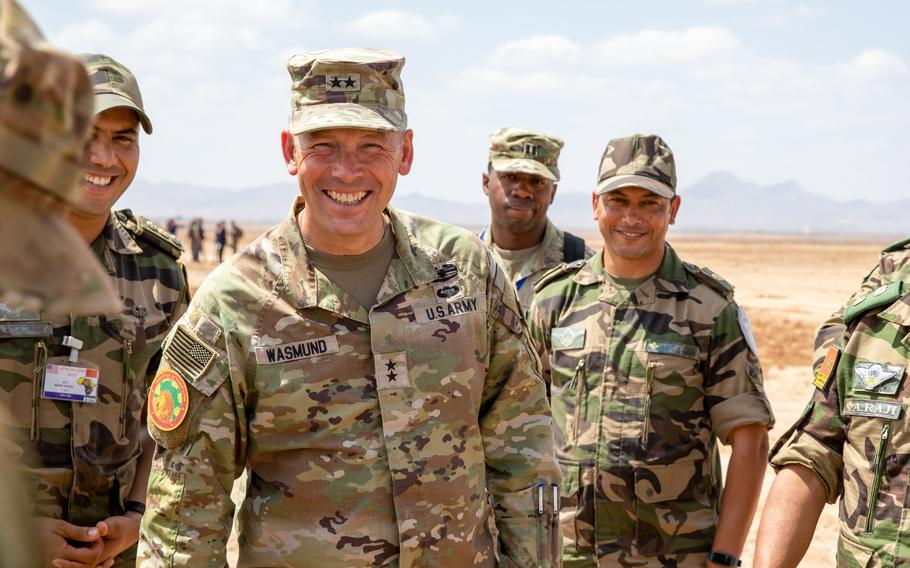Keeping Jihadists Out of Northern Côte d’Ivoire

What’s new? As jihadist groups in the Sahel move southward, Côte d’Ivoire has beefed up its security deployment in the north and rolled out a range of social projects to alleviate poverty and youth unemployment. Militant violence has subsided since a series of attacks in the north between 2020 and 2021.








